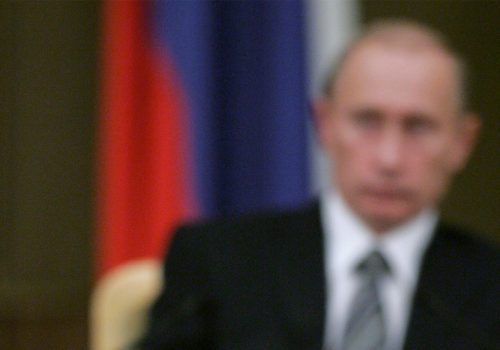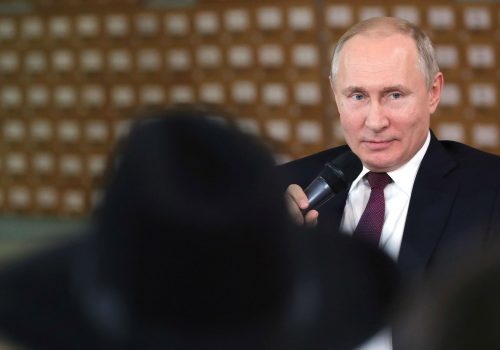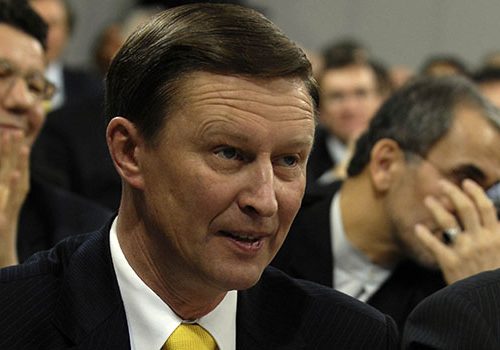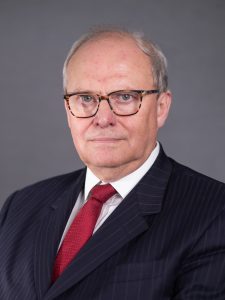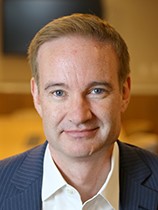In his new book, Eurasia Center’s senior fellow Anders Åslund explores how the economic system Vladimir Putin has developed in Russia works to consolidate control over the country. By appointing his close associates as heads of state enterprises and by giving control of the FSB and the judiciary to his friends from KGB, he has enriched his business friends from Saint Petersburg with preferential government deals. Thus, Putin has created a super-wealthy and loyal plutocracy that owes its existence to authoritarianism. Dr. Åslund discusses what this means for Russia and assesses Putin’s personal wealth.
At this event, the Atlantic Council’s Eurasia Center hosts a panel discussion with a group of experts to reflect on how the Russian economic system has developed under Putin’s leadership and its implications for Russia’s future.
The Kremlin’s crony capitalism
Putin’s Kleptocracy

Russia’s economic system, which had been moving toward a market economy, has been characterized by a corrupt crony capitalism.
Related experts

The Eurasia Center’s mission is to enhance transatlantic cooperation in promoting stability, democratic values and prosperity in Eurasia, from Eastern Europe and Turkey in the West to the Caucasus, Russia and Central Asia in the East.
